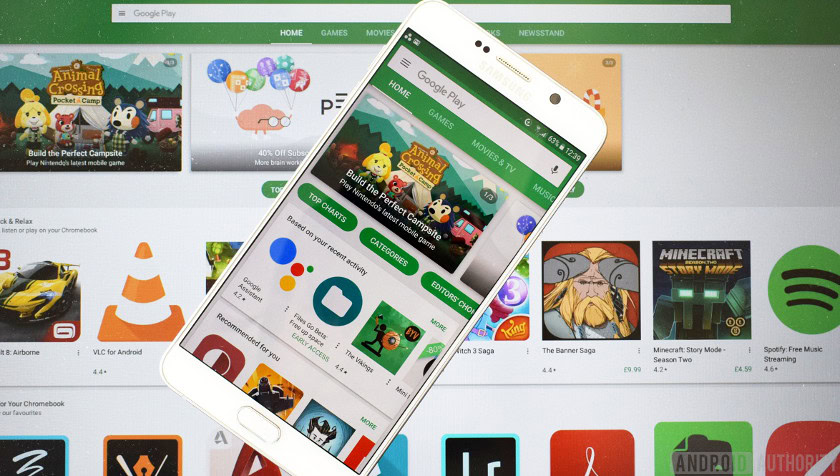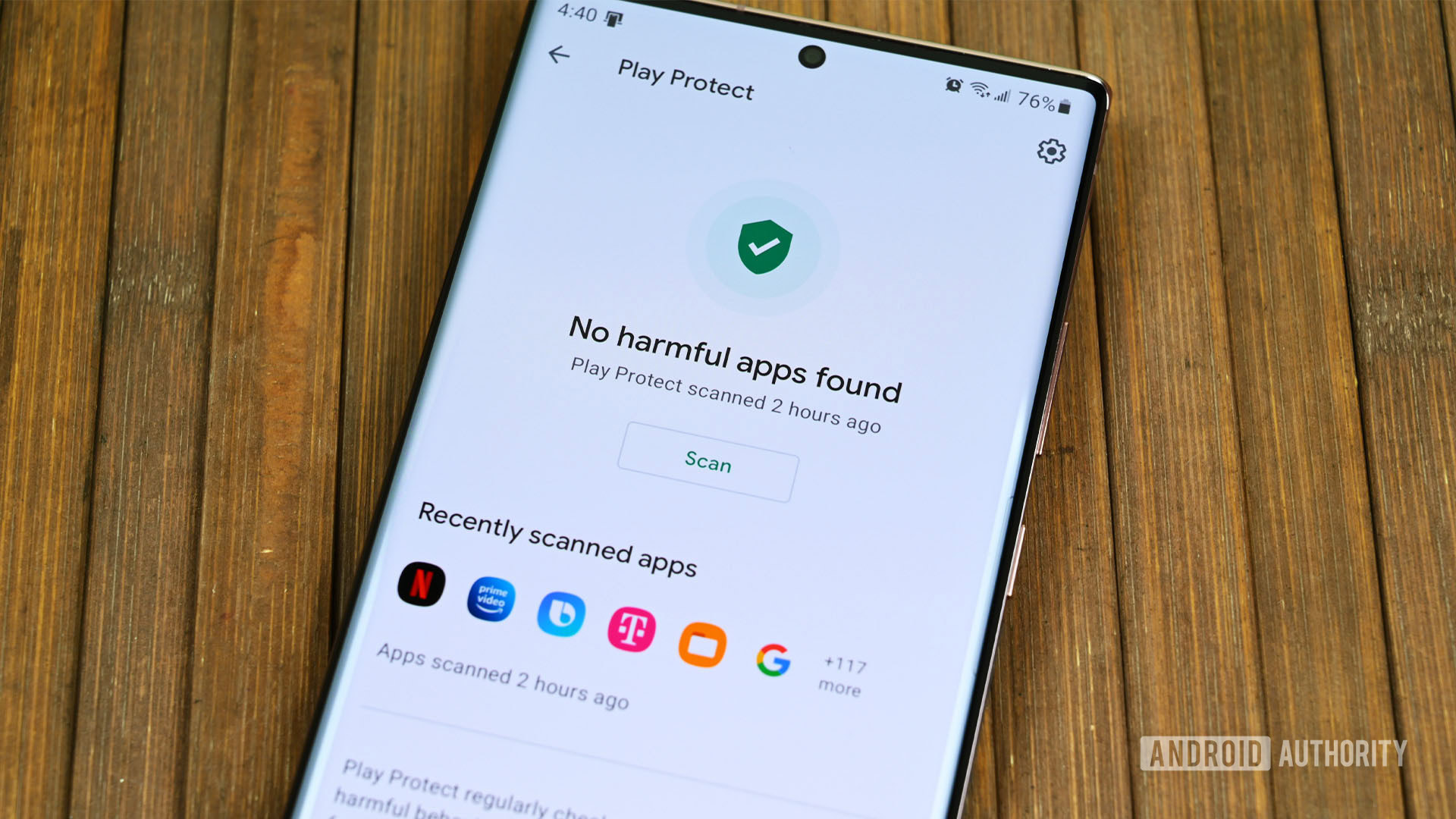Affiliate links on Android Authority may earn us a commission. Learn more.
New "AdultSwine" malware could display pornographic images to children
Published onJanuary 12, 2018

- The new type of malware was found by Check Point, a security research firm.
- It passed the information to Google who removed 60 apps infected with AdultSwine.
- The malware could display pornographic images and was found in apps targeting children.
Check Point, a security firm, recently informed Google about a new type of malware showing up in apps. The malware, dubbed “AdultSwine,” caused apps to display popups, and tried to get people to download fake antivirus apps, or sign up for premium SMS services. Additionally, it could show pornographic images. AdultSwine was found in apps named “Drawing Lessons Angry Birds,” “Temple Crash Jungle Bandicoot,” “Fidget Spinner Toy,” and more. The apps had between 3.5 and 7 million downloads combined, according to Play Store estimates.

Although Google removed the apps from the Play Store, they can’t remove them from devices once they’re already installed. The search giant says that it will show strong warnings to anyone that installed them. But that might not be enough. If children are using devices unmonitored, they may not even be able to read those warnings. Google scans every app that enters the Play Store for malicious code, but it is still hard to catch bad actors. Check Point explains that it can be hard to catch these types of malware because, “(…) some nasty code can only be detected by dynamically analyzing the context of an app’s actions, which is hard to do.”
The security firm warned that AdultSwine will be back. “‘AdultSwine’ and other similar malware will likely be continually repeated and imitated by hackers,” Check Point told CNBC. “Users should be extra vigilant when installing apps, particularly those intended for use by children.”
This is another black eye for Google when it really didn’t need another. It recently came under fire for its YouTube algorithm suggesting videos to kids that can show violent or sexual imagery. YouTube has since implemented a new system to check videos designed for minors. Google also says that the apps in question never made it to the Designed for Families section in Google Play. That section recommends safe apps with appropriate ads for children.